The Logic Stage of Learning
We’ve all had–or have been–that preteen who, sitting around the dinner table or riding home from school, just has opinions. They have identified each and every problem with the world and decided on the solution. Or, they’ve determined that they will not do their chores and nothing will deter them, and they have reasons to back up their staunch position. Or, they repeatedly ask “why?” and our answers of “because I said so” doesn’t cut it anymore. These kids are in the Dialectic–the use of logical dialogue and opinions–stage of learning. We hope to harness this passion for the dialectic that begins to burgeon from upper elementary through junior high to its fullest potential, and writing is an essential tool in our toolbelt.
Once our students arrive in seventh grade, in junior high, they’re done with grammar! No more punctuation worries, no more grammar learning, no more reinforcement of the rules–it’s all just rhetorical style and substance from here on out, right? Not quite. The grammar stage focuses on the “what?” of things, the building blocks, so this in-between period, this logical (also called dialectical) focuses on the “why?” This stage of learning continues to reinforce needed elements from the grammar stage, but it incorporates logic and critical thinking in order to infuse our students’ writing with persuasiveness.
As our students transition out of the grammar stage of learning in elementary, they need to build upon those foundations in order to move toward the ultimate goal of the rhetoric student: to communicate persuasively and effectively defend beliefs and opinions with supporting evidence from a biblical worldview. But newly-minted seventh graders aren’t ready to defend a worldview-infused senior thesis on stage. We need to take the time to guide them there.
The goal of writing in the logic stage is to develop and defend thesis statements (arguments–not just topics) with textual evidence. To that end, the logic stage purposefully reviews punctuation, grammar, and organization to make sure that sentences and paragraphs make sense. Moreover, we use PEAS (Point, Evidence, Analysis, and So What/Significance) to guide our body paragraph structures. We’ll spend time with the details of writing–lots of paragraph writing, thesis statement practice, and gleaning of evidence to prove their points.
We want students to persuade with logos, logic and reason, so that they don’t simply say, “Because I said so,” when attempting to convince someone of an idea. In this way, their humane letters classes walk hand-in-hand with their logic, science, and math classes. We discuss heavily in class, wrestling with bigger ideas and requiring that all students turn to their readings to inform their opinions and support what they say. This, then, translates to their winsomeness in writing.
During this logic stage, with an increasing amount of purposefulness, secondary classes integrate with one another to encourage students’ thoughts and writing to develop beyond the surface level, laying the groundwork for the rhetoric stage which goes even further in its persuasive aims. Ultimately, we want our students to be able to deliver their senior thesis and graduate, but more importantly, we dream that they will eloquently and earnestly speak in defense of their faiths to spread the Kingdom of Christ.
Tyler Howat
Dean of Academics
